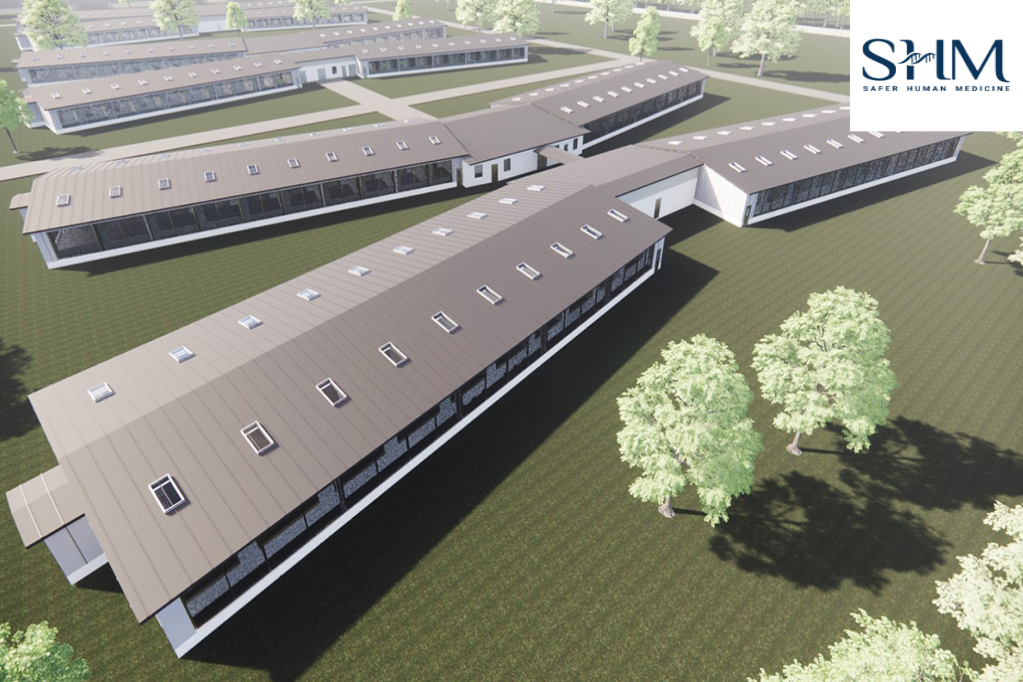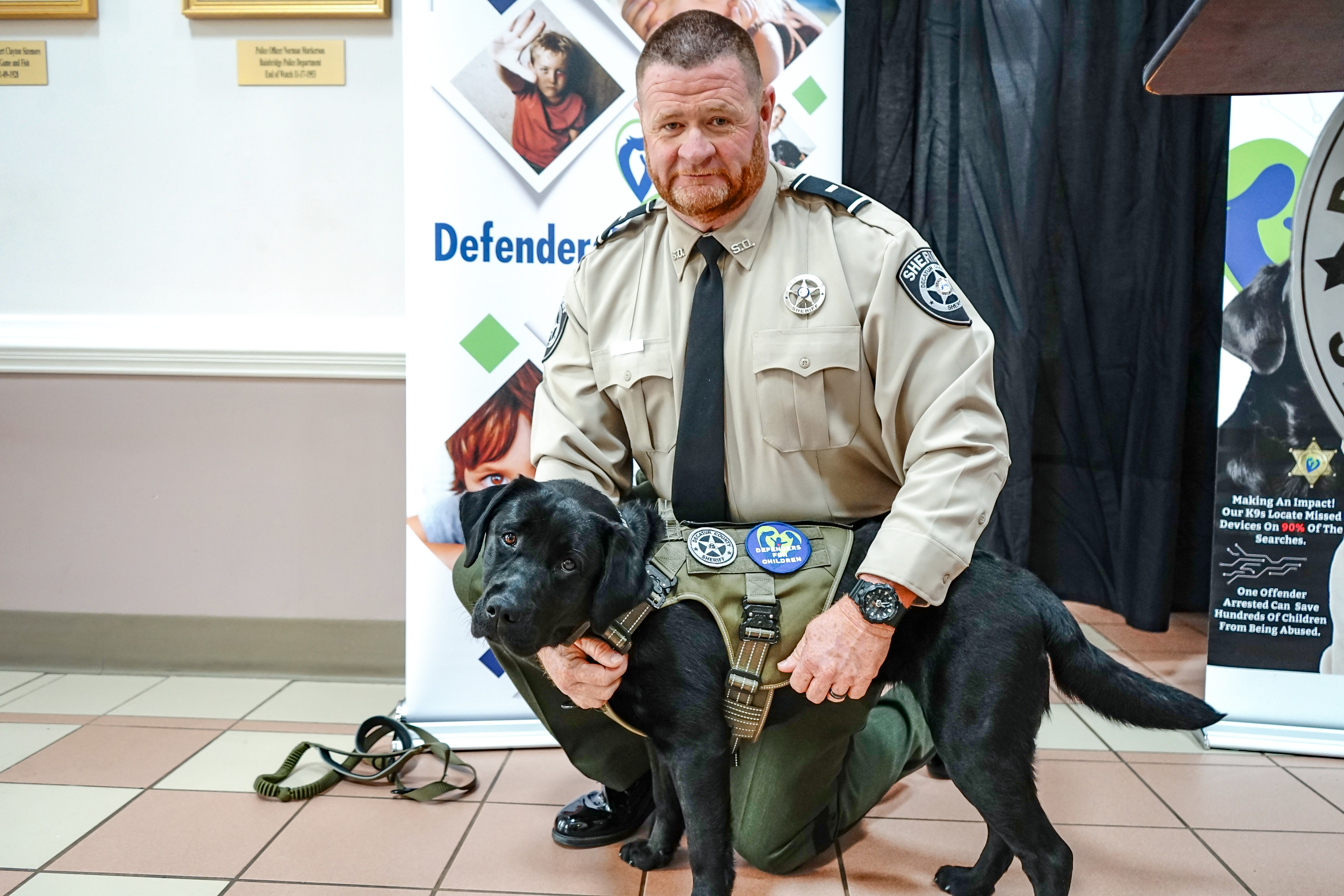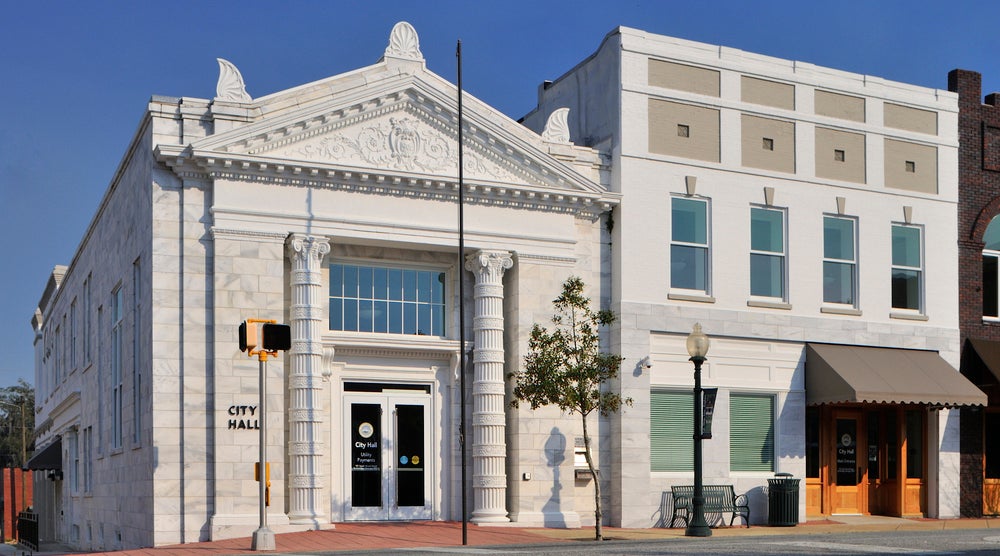Safer Human Medicine discusses economic impact survey
Published 11:53 am Wednesday, October 23, 2024
There hasn’t been much news regarding the proposed Bainbridge primate facility, with the project still involved in multiple court cases. This hasn’t deterred Safer Human Medicine, which reached out to the Post-Searchlight to discuss an economic impact analysis commissioned by the company. SHM president David Johst, VP of Finance Jim Giovanoni, and company spokesperson Ben Sheidler sat down with the Post-Searchlight in an interview about the study.
According to the study, conducted by a third-party firm, the project is estimated to create 403 jobs over 10 years. This includes 227 jobs in the direct operation of the facility, 79 jobs in construction, and 97 indirect jobs. The worker earnings for all these positions, including salary and benefits, SHM forecasts as totaling $202 million over 10 years.
In an interview with WALB, Johst and Giovanoni stated they get multiple job requests each week, which they assert they must turn away due to the ongoing legal disputes delaying things.
“I would say at this point we’re at probably 30 to 40 over the last few months,” Giovanoni elaborated. “A lot of times they’re not specific about the type of jobs, folks are kind of generic.” He continued, “The beauty of our operation is that you can come in and maybe not have a lot of experience, but an interest in roles working with animals, and we’re gonna offer a lot of training to really help develop people, and give them a runway to a career.”
Giovanoni also spoke about the facility’s tax abatements: “We’re funding 100% of this project, and any incentives that we get in the form of tax abatements are only available to us if we hit those investment and job targets that we plan for.”
One concern that has been raised by residents about the facility, on the economic front, is whether locals would be employed over others from out of town being brought in.
“One thing that was interesting when we did our diligence is, we know that there is a number of people living in Decatur County today that are leaving the community to find work,” Giovanoni said, “and we think it’s attractive that, you know if you’re a young person, I think 40% of Decatur County residents are 30 and under, and many of them are leaving the community. So if we can provide a place for them to have a job, grow their career, and not have to leave the county, we feel that’s really attractive.”
One point raised by SHM in the economic impact analysis was that the project’s payments to the municipal systems will minimize the cost increases from the local government’s pending bond payments.
“The development authority and the community have to meet certain bond payments for use of the municipal systems,” Giovanoni said, “and given the fact that we will be coming in and contributing a lot of dollars to maintain and use those facilities, it’s obviously a way for us to help pay for that, rather than that money having to come from other sources in the community.”
One criticism raised by citizens and People for the Ethical Treatment of Animals (PETA) over the project was the sourcing of the facility’s primates, with concerns being raised over prior cases of suppliers being involved in illicit trade and smuggling. While SHM did not disclose what specific breeders or operations they would be sourcing their primates from, Johst stated, “What we can say, unequivocally, is we’re not taking any animals that come from the wild, period, end of sentence.” He also reiterated what SHM has previously stated, that the primates would undergo CDC quarantine and examination before being placed in the facility.
When asked about the ongoing legal cases, Johst stated that there was no news to report as of yet.
“Right now we’re waiting for a ruling from the State of Georgia Court of Appeals, which I would expect should come out some point soon,” he said.






